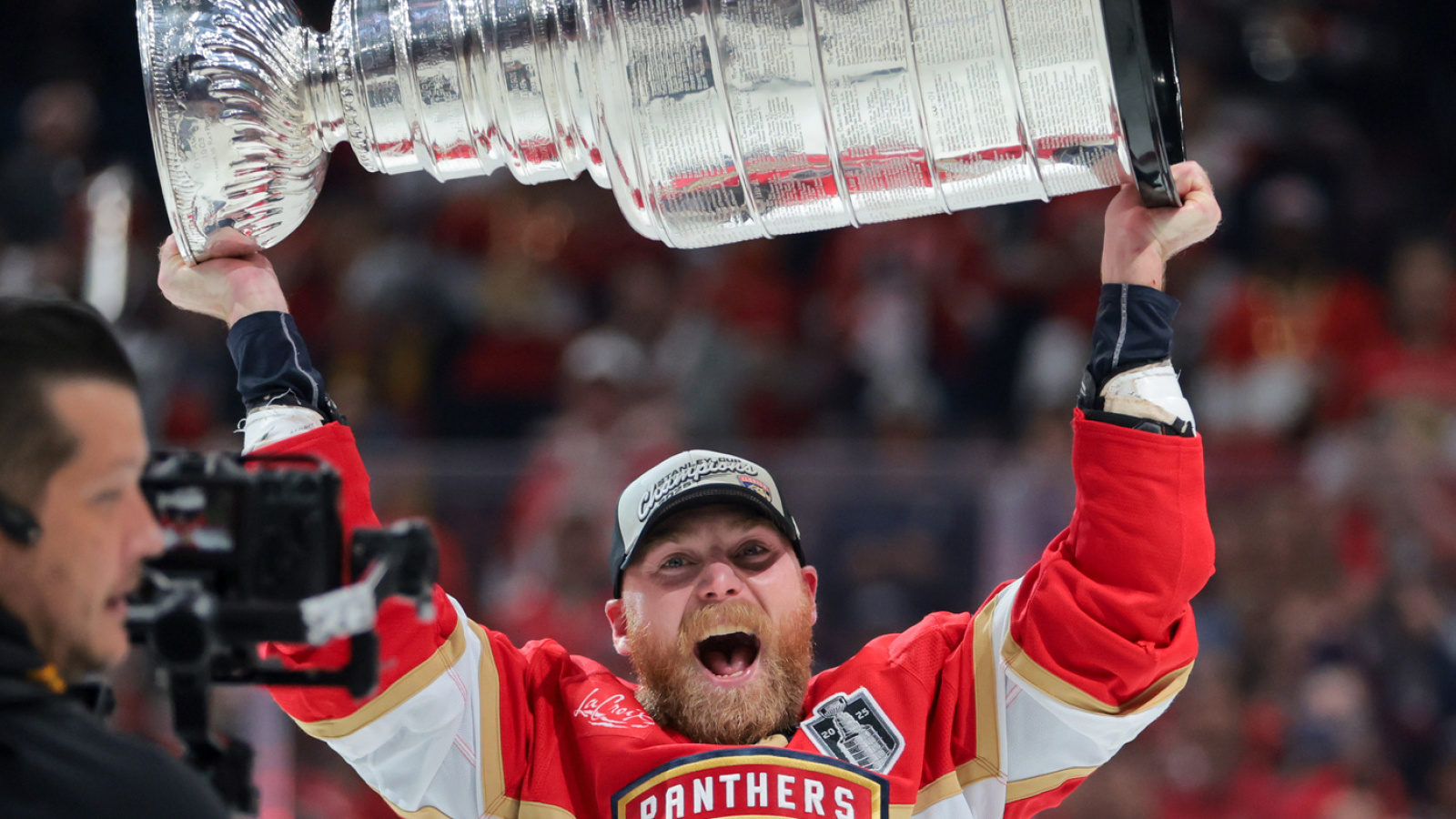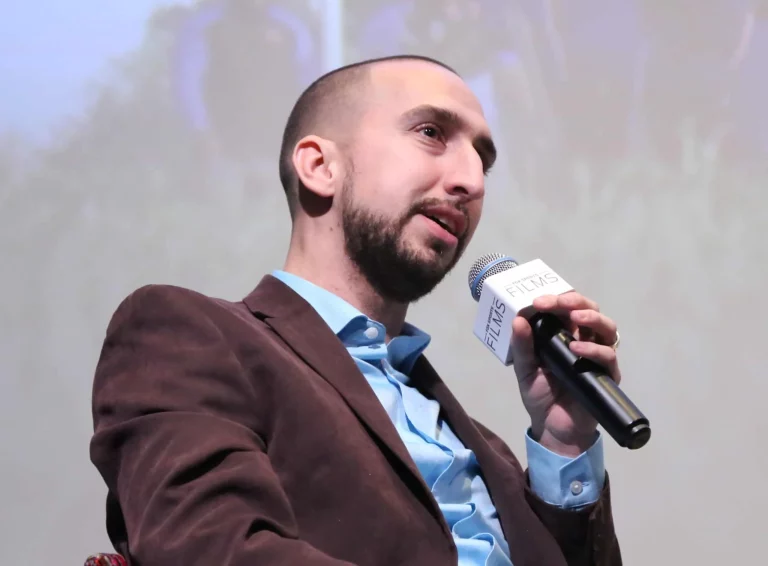The Panthers originally acquired Bennett at the 2020-21 NHL trade deadline, and it has been a seismic move for both him and the team.
Bennett saw his career take off while getting the opportunity to play for a better team than he had around him in Calgary, while he also gave the Panthers the type of relentless, physical forward that has defined their team over the past four years.
There is nothing about his regular-season numbers that jump off the page as overly impressive. He will score 20 goals. He might get 50 points. When it comes to his offense he is a nice second-line player.
But his value goes well beyond that. His value also includes his all-around play away from the puck as well as his physical presence that — along with Matthew Tkachuk and Brad Marchand — has made the Panthers one of the NHL’s most physical and agitating teams. Some might even say dirty.
He has also seen his playoff production skyrocket, including this year’s performance where he led the league with 15 postseason goals, four more than any other player.
From a hockey standpoint, keeping him around makes all of the sense in the world.
The problem is the contract itself.
Part of what made Bennett such a perfect fit for the Panthers over the past four years was the fact he only had the ninth-highest salary-cap number on the team. He was paid like the role player that he is.
That is no longer going to be the case on this next deal. Even with the salary cap increasing over the next few years, an $8 million-per-year investment over eight years for a 29-year-old forward who does not score like a star is a risky investment. In a salary-cap league, teams have to carefully watch every dollar they spend, and little overpayments here and there can add up into big issues when it comes to filling out a roster.
The Panthers mostly avoided that in recent years.
Could this be a case of a contract that looks sensible in the moment coming back to hurt them in later years?
Bennett has given the Panthers a lot and has been a key part of a modern-day dynasty, helping the team to three consecutive Stanley Cup Finals and back-to-back championships. But teams are not always paying a player for what they have done already. They are paying players for what they will do next. The Panthers are taking a big gamble here that he can keep producing in the playoffs like he has, and that his performance will not tail off as he gets into his 30s.
Nobody is going to blame the Panthers in the moment for doing this. That does not mean it is not without its risks.






